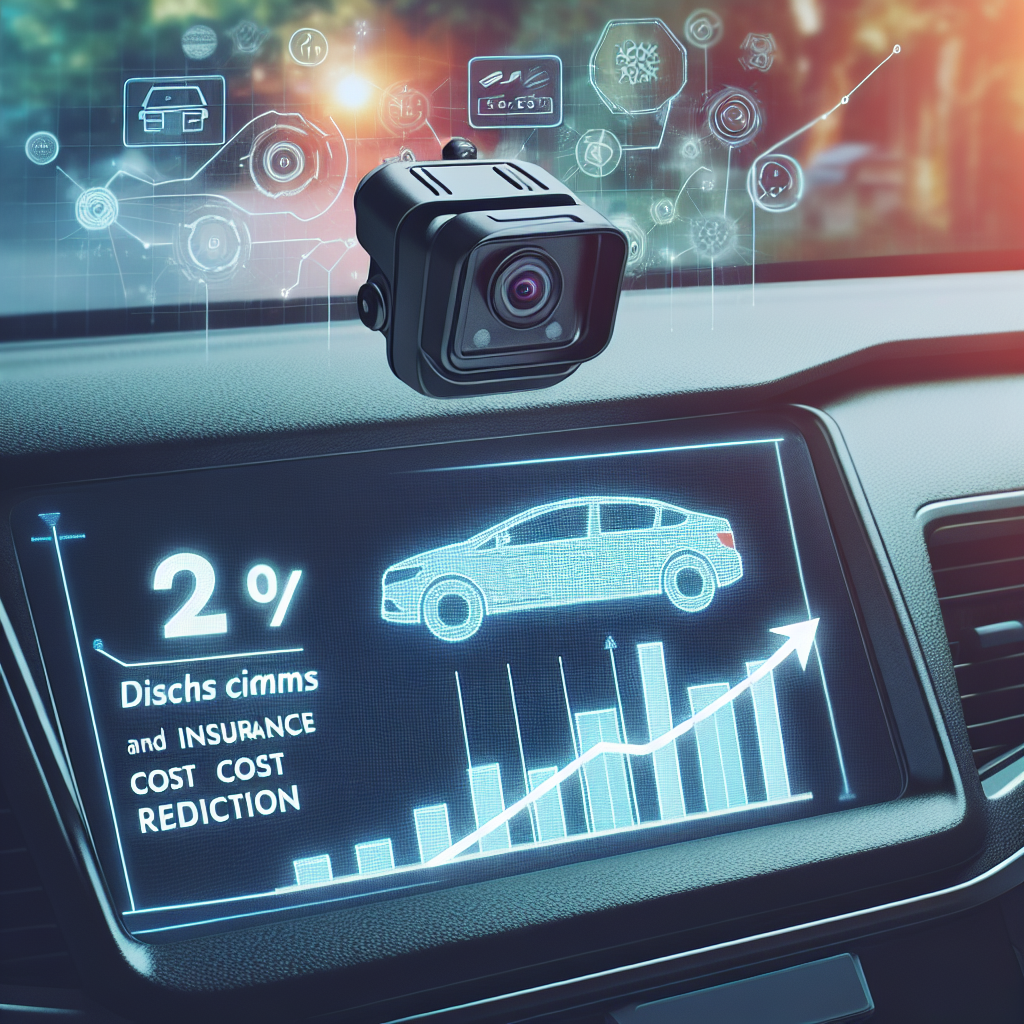Installing a dashboard camera, often dubbed a “dash cam,” usually doesn’t translate into instant savings on your car insurance bill. In the U.S., direct auto insurance discounts tied specifically to dash cams remain a rarity. Yet, sporting one in your ride can still yield some hidden perks. Bankrate’s insurance experts delved into this gadgetry and compiled key insights to mull over before splurging on a dash cam.
Do Dash Cams Actually Affect Your Insurance Premiums?
The straightforward answer: not really. As of 2024, Branch Insurance — a modest Ohio-based startup — seems to be the sole U.S. insurer openly pitching a direct discount linked to dash cam use. However, outside of this niche exception, dash cams rarely sway premiums either way.
What Exactly Does a Dash Cam Capture?
Dash cams primarily snap continuous video through your windshield or rear window. But depending on the make, model, and settings, they can also record the cabin inside your vehicle, ambient sound, and even track your speed.
Footage is usually stored on a loop — where older clips automatically get overwritten by fresh recordings as your microSD card reaches capacity. These cards range broadly, from a modest 8 GB all the way up to juicy 512 GB sizes. The dash cam’s recording lifespan hinges largely on power availability. While many models only operate when your engine’s running, others can be wired directly to your car’s battery, humming day and night to catch events even while parked and powered down.
On a side note: By 2023, dash cam ownership in the U.S. surged, with approximately 25% of drivers reporting having one installed, reflecting increasing recognition of their utility beyond mere novelty.
Insurance Advantages of Using a Dash Cam
Even if insurance companies don’t hand out discounts for dash cams outright, these devices can still nudge your insurance experience in a positive direction in several unexpected ways.
Evidence That Speeds Up Claims
After a collision, unraveling the truth about what transpired can become a drawn-out headache. Without a dash cam, you’re often stuck providing a verbal recap alongside any photos snapped at the scene. Claims adjusters juggle those stories alongside statements from other drivers, witnesses, and police reports — a process that can drain time and resources.
Having crash footage from your dash cam can cut through this fog, accelerating investigations and pushing faster settlements. Moreover, video proof might shield you from being unfairly tagged with partial blame if the other driver is actually at fault. On the flip side, if the recordings expose your own mistakes contributing to the crash, they could reinforce your liability and impact your insurer’s payout.
Deterring Insurance Fraud and Encouraging Safer Driving
While a dash cam won’t magically transform you into a safer motorist overnight, its presence can heighten your road awareness. When you’re conscious that your rides are being recorded, defensive driving habits may naturally take root, helping minimize accident risk.
Insurance providers often reward drivers with spotless records—with no tickets or accidents over a few years—by lowering premiums or doling out “good driver” discounts. For those inclined to leverage tech like dash cams, it’s worth noting that comprehensive coverage usually handles damage caused by theft, vandalism, falling tree branches, or fire.
Dash cams hooked up to constant power can capture evidence of such incidents even when your car is parked and turned off, strengthening your claims should misfortune strike. In rural zones, where wildlife crossings pose a threat, these recordings could document collisions with animals, potentially aiding in comprehensive claim approval.
Keeping Tabs on Teenage Drivers
Teen drivers statistically rack up more accidents and violations than other age groups, casting them as high-risk profiles at insurance offices and leading to steeper premiums.
While your insurer might not chop your rates just because your teen’s car has a dash cam, the knowledge that their driving is recorded can prompt youngsters to behave more cautiously. Parents gain the ability to monitor adherence to traffic laws, speed limits, and passenger caps, catching issues before tickets or accidents occur — offering invaluable peace of mind on busy roads.
Are Dash Cams Worth the Investment?
Although snagging a discount just for owning a dash cam is uncommon, these gadgets might still contribute to safer driving, guard against fraud, and streamline the claims process, making your insurance journey smoother. Conversely, some drivers might find dash cams distracting, especially if fiddling with settings or screens steals focus from the road ahead.
Your potential benefits often hinge on how frequently you hit the pavement and the quality of the camera you choose. Expect reputable dash cams to start around $100, with premium models climbing into the several hundred dollar range.
Entry-level cams typically lack built-in screens, internal batteries, and extras beyond basic HD video. In contrast, high-end units often boast features like integrated displays, longer battery life, and GPS tracking. Before plunging into a purchase, clarify what you want from your dash cam and verify it works perfectly before trusting the footage in a bind.
Common Questions About Dash Cams and Car Insurance
Can You Score a Discount for Installing a Dash Cam?
Generally, no. U.S. insurers usually don’t grant discounts just because you’ve got a dash cam installed. Even with its benefits, the camera doesn’t inherently reduce accident risk and might increase costs if it proves you were at fault.
Are Dash Cams Legal to Use?
Yes, dash cams are legal across the U.S., though states vary in their rules regarding the size, placement, and mounting of your camera, so it’s wise to check local regulations.
Which Dash Cams Do Insurance Companies Approve?
There isn’t a specific roster of “insurance-endorsed” dash cams since no direct discounts hinge on particular models. For peace of mind, ask your insurer for any recommendations they might offer.
What’s the Typical Price Range for Dash Cameras?
Most dash cams fall between $100 and $500. For example, one leading brand, Nextbase, offers models starting at around $80 with crisp 4K recording capabilities.
Do You Have to Inform Your Insurance Provider About Your Dash Cam?
No legal obligation exists to notify your insurer about your dash cam. Some experts suggest keeping it under wraps unless you plan to use footage to back a claim.

